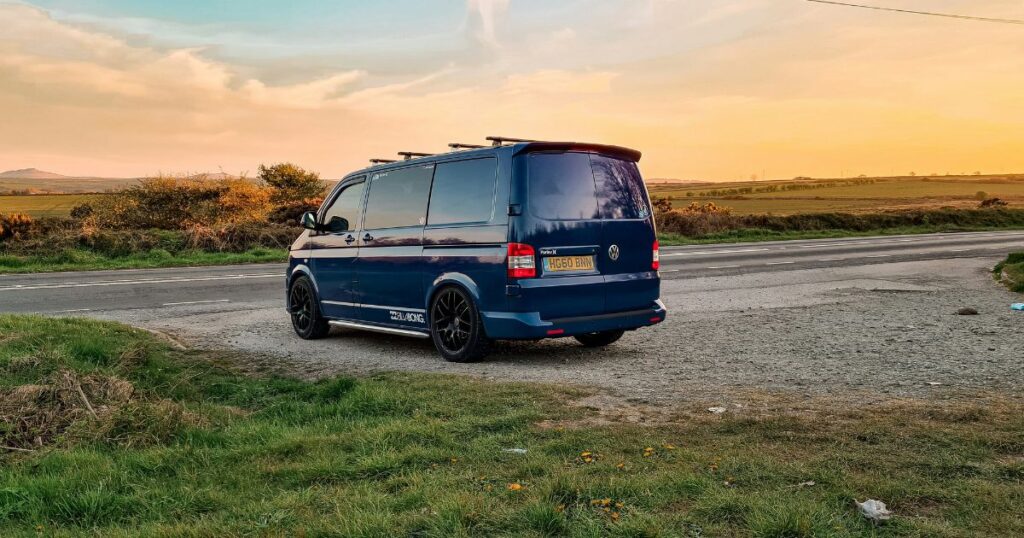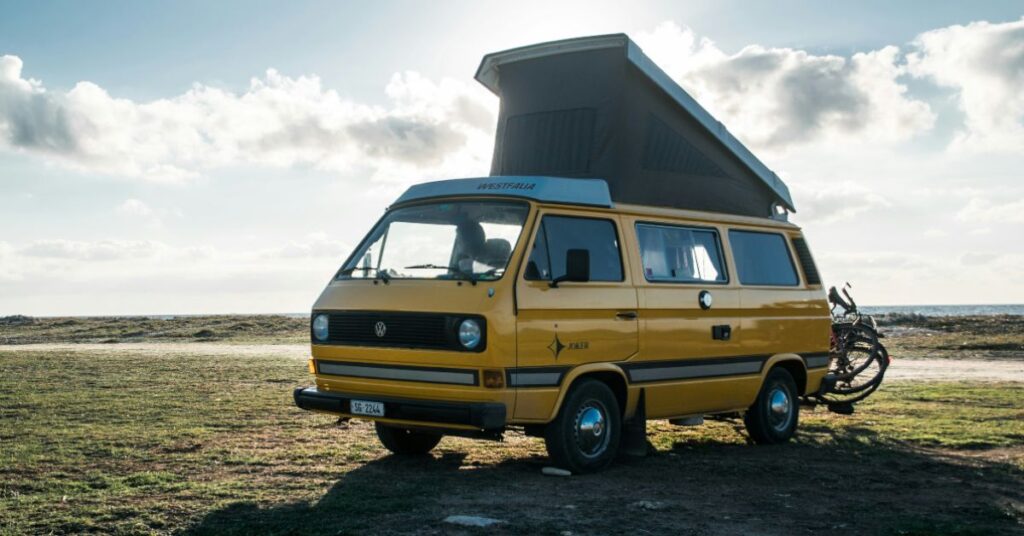One thing to note if you choose to live in your motorhome, is many insurers (including ourselves unfortunately) are not able to offer insurance when this is the case. You will need to look for specialists who can offer full-time motorhome or campervan insurance.
Have you ever contemplated the idea of living in a motorhome for your permanent residence? Not just for occasional holidays or cross-country road trips, but as your actual home? It’s a lifestyle choice that demands a genuine love for being in your motorhome most, if not all, of the time.
For those exploring this possibility, and wondering if it’s the right fit, we’ve crafted a concise guide detailing the pros and cons of full-time motorhome living, along with other crucial considerations.
It is legally permissible to live in a motorhome or campervan full-time by UK laws if your vehicle has a valid MOT and is road-legal. However, parking and residency restrictions may apply, varying by location and necessitating individual research.
Motorhome insurance
If you’re considering spending a lot of time in your motorhome or campervan, it’s important to make sure you have suitable motorhome insurance for your vehicle. Click the button below to explore our range of insurance options.
Considerations for living in a motorhome full-time
Space – Living in a motorhome means adapting to limited space, starkly contrasting traditional houses. Motorhomes, RVs, or Winnebago’s offer more room compared to permanent campervan living.
Mobility – A key allure of motorhome living is the freedom to travel at will, avoiding prolonged stays in one location.
Cost of living – Full-time motorhome living brings unique expenses, though it generally proves more affordable than traditional housing.
Travelling – Living in a motorhome entails constant movement, allowing exploration of diverse regions.
Receiving post – While on the move, managing post can be challenging. Options include having mail delivered to a trusted friend or family member or using virtual mailbox services.
Cold weather – In winter, staying warm in a motorhome is crucial. Opting for a well-insulated vehicle and booking campsites with an electric supply can help alleviate cold weather challenges.
Choosing the right motorhome – There’s no one-size-fits-all solution. Factors such as budget and personal preferences determine the ideal vehicle, whether a compact coachbuilt van or a more luxurious A-Class bus.
The advantages of living in a motorhome
- Efficient cleaning – The compact interior and exterior facilitate quick cleaning, freeing up time for leisure.
- More leisure time – Less space maintenance means more opportunities to spend time with friends and family.
- Complete freedom – Travel across the UK and Europe with the assurance of having a bed wherever you go.
- Scenic living – Enjoy picturesque locations, changing your view from Lake Windermere to the Brecon Beacons at your leisure.
- Flexible stays – Stay in one place as long as desired before embarking on the next adventure.
- Cost-effective – Operating motorhomes, RVs, and campervans daily is generally cheaper than maintaining a house.
- Affordable park fees – Most campsites offer reasonably priced parking.
- Sense of adventure – Embrace a lifestyle filled with excitement and exploration.
- Discover new places – Interact with different cultures and lifestyles, ensuring each week is unique.
- Unrestricted choices – The freedom to decide where and how long to stay at each location.
The disadvantages of living in a motorhome
- Limited space – Shared living spaces, a single bathroom, and close sleeping quarters can be challenging with multiple occupants.
- Potential untidiness – Smaller living areas may lead to increased clutter if not managed properly.
- Driving challenges – Manoeuvring larger vehicles may pose difficulties, especially for those less experienced. Training courses are available for skill improvement.
- License requirements – Larger vehicles may demand a category C driving license, and parking planning may incur additional costs.
- Initial purchase cost – Motorhomes, especially newer models, can be expensive.
- Higher insurance – Full-time living may lead to higher insurance costs compared to occasional use.
- Budgeting challenges – Varied costs in different locations can make budgeting challenging.
- Lack of a fixed abode – Continuous movement may limit connections with friends and family.
- Postal address issues – Receiving mail, paying bills, and completing forms become complex without a fixed address.
- Limited local amenities – Access to familiar doctors and dentists may be challenging.
Summary
Ultimately, the choice of full-time motorhome living hinges on personal preference. Understanding the unique aspects of life on the road will help you decide if it aligns with your lifestyle.


